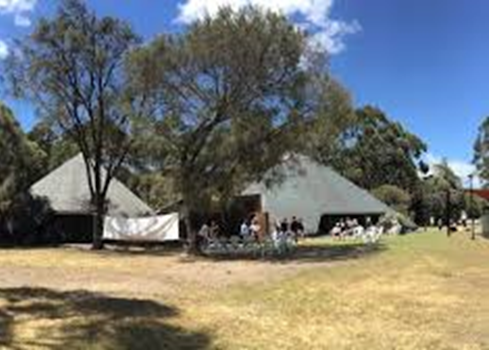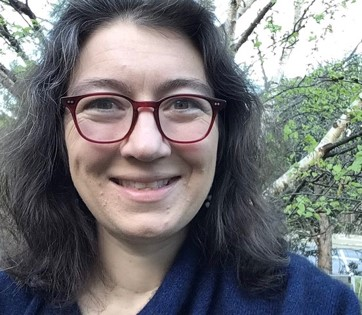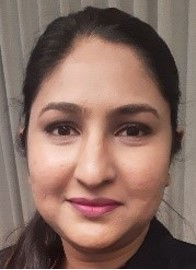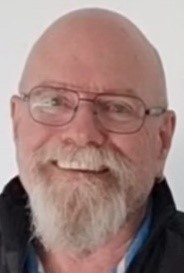The Royal Society of Tasmania invites you to its August 2024 Public Lecture by guest speaker Heather Sculthorpe, CEO of the Tasmanian Aboriginal Centre. All RST members, their guests, and the public are welcome.
Where: Piyura kitina/Risdon Cove Aboriginal Land on Sunday 4 August, 2024 for the talk.
The event begins at 3.30pm with refreshments and an introduction to piyura kitina.

Risdon Cove Aboriginal Land.
The talk by Heather Sculthorpe, CEO of the Tasmanian Aboriginal Centre, will begin at 4:00pm..

CEO of the Tasmanian Aboriginal Centre.
Heather Sculthorpe is the outgoing long-term CEO of the Tasmanian Aboriginal Centre (TAC). She has an Arts degree and an Honours degree in Law from the University of Tasmania; a graduate Diploma of Environmental Management and is a Graduate of the Australian Institute of Company Directors. She has been involved in the campaigns of the TAC since the 1970s and has unique perspectives on the challenges facing the organisation and community today.



